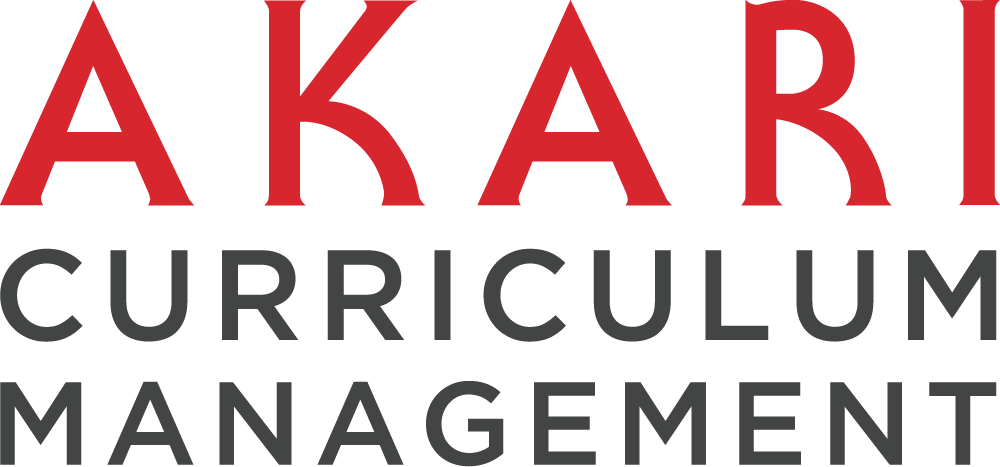Nestled in a relentless push toward innovation, the academic curriculum remains critical to explore the architecture of academic delineation in higher education meticulously.
In this discourse, we dissect the intricate facets of curriculum design, analysis, and evolution, painting a canvas of enlightenment for the academic leaders, the gatekeepers of tomorrow’s thinkers.
Defining Academic Curriculum
Academic curriculum is a living, breathing entity that molds the educational landscape and sums conscious definitions and subtle undercurrents, all manifesting in a synchronized dance of knowledge transfer. Here, we peel back its layers:
The Essence of Defined Pedagogy
Traditional, Learner-Centered, Competency-Based – myriad pedagogical models influence curriculum choices. Each model breathes life into programs, manifesting a unique atmosphere for learners to thrive.
Aligning Vision with Strategy
A curriculum is only as powerful as the strategic alignment behind it. Ensuring that institutional goals resonate through course structures is akin to seeding the future in the present.
The Tapestry of Learning Outcomes
Outcomes are the heartbeat of academia. They echo the acquired knowledge and resonate with the growth narrative of learners, serving as a benchmark for success and evolution within the curriculum.
Guiding Principles in the Crafting of Curricula
Every masterpiece starts with a blueprint, and curricula are no different. These guiding lights steer the conception and revision of educational frameworks:
Balance and Integration
Weaving threads of relevance and current significance into the curriculum imparts a sense of context and unity to the learning experience.
Continuous Flexibility
A curriculum that cannot bend will inevitably break. The inherent need for continuous adaptability is paramount in an era of rapid change.
Integrity and Quality Compliance
Maintaining the integrity of academic standards is non-negotiable. The curriculum is a conduit for these standards, ensuring that quality education is the ultimate output.
Navigating Key Areas of Curriculum Evolution
In an age of educational renaissance, certain niches demand special attention. Here are the pivotal areas that warrant focus:
The Quest for Interdisciplinary Harmony
Breaking down disciplinary silos can birth innovation. A harmonized interdisciplinary approach widens intellectual horizons and nurtures the breed of thinkers who can solve complex, real-world problems.
Technology’s Role in Transformation
Technology is no longer an accessory; it’s the main engine driving curriculum transformation. From digital resources to adaptive learning platforms, tech steers the evolution.
Assessing and Meeting Market Relevance
Preparing students for the demands of the job market is a driving force behind curriculum development. Synchronizing academia with industry needs cultivates relevance and employability.
The Journey Beyond Conventional Wisdom
The curriculum of the future will be built on the lessons of the past, the mandate of the present, and the aspirations of the future. The odyssey through this realm is both exhilarating and daunting, for we are not just crafting study paths but fostering the leaders, innovators, and change agents that our world needs.
The New Paradigm of Ethical and Cultural Literacy
In a globalized landscape, an understanding of diverse cultures and fervent ethical foundations is not just ideal; it’s imperative. The curriculum must reflect this new paradigm, with socially conscious course content designed to breed empathetic and culturally astute graduates.
Establishing Lifelong Learning as a Cornerstone
The days of stopping education at a degree are waning. The new normal is the commitment to lifelong learning, and curricula must instill this ethos into each graduate, equipping them with the tools and mindset to evolve continuously.
Innovative Approaches to Curriculum Delivery
Innovation should not just reside in curriculum content but also in its delivery. From hybrid learning models to personalized pathways, we must explore new territories to maximize learning effectiveness.
Conclusion
The academic curriculum is much more than a checklist of subjects — it is the carrier of hopes, the transformer of minds, and the bedrock of societal progress. By continually reimagining and evolving this construct with the principles of balance, flexibility, and relevance, we breathe life into education, fostering the boundless potential of future generations.
Akari Curriculum Management Software stands as a beacon in this dynamic domain, empowering institutions with the tools to not just manage curricula but to curate the future. In the face of these profound changes, it’s uplifting to witness and be part of an industry that is not just responding to transformation but leading it.
